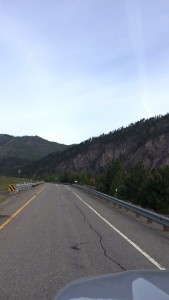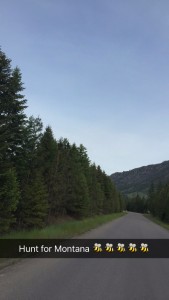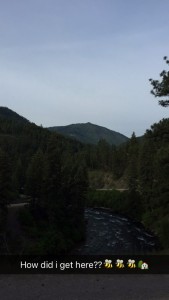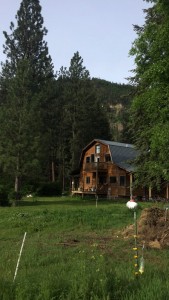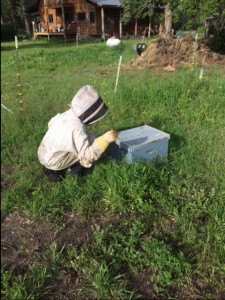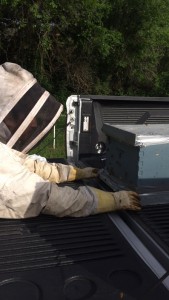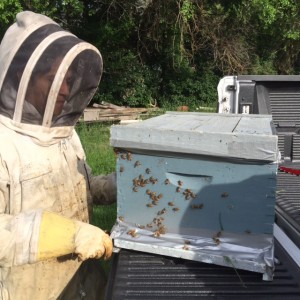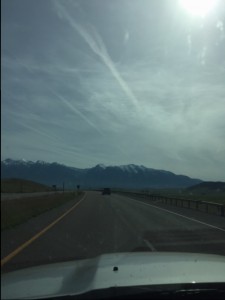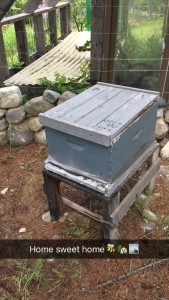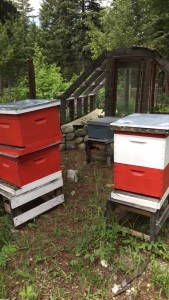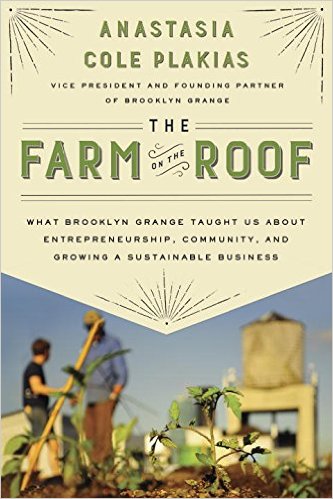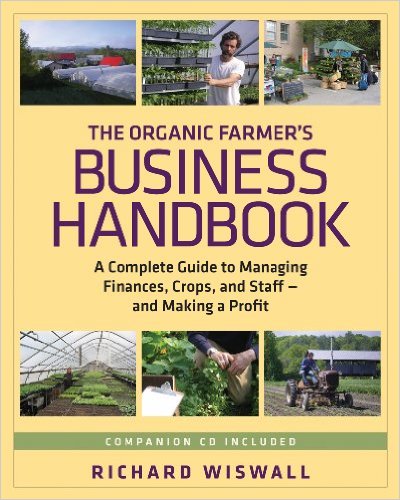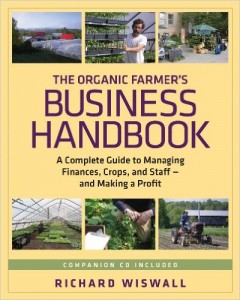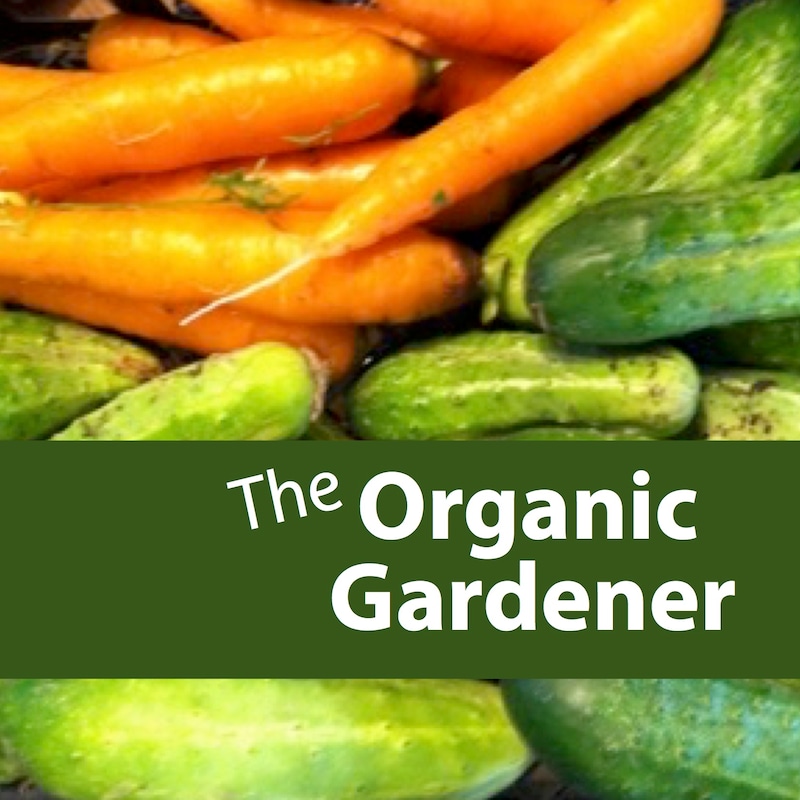
Shownotes
Replay of my interview with Richard Wiswall who wrote the Organic Farmer’s Business Handbook
So, I went down to Alberton to visit my good friend from University of MT Kavita who runs
HINDU HILLBILLY FARMS & RIVULET APIARIES and get a hive of new bees for Mike yesterday.
And on the way I was listening to Anastasia Cole Plakais’ book
… and she talks about Richard Wiswall’s book the
Organic Farmer’s Business Handbook
and how much it helped them with their accounting etc.
So I wanted to give you a little backstory on my experience with Richard’s book. A couple of years ago, back in 2012, I was teaching and I met this amazing woman who had developed the reading curriculum at our school and I was just enamored by her confidence, her knowledge and she just really seemed amazing to me and when she told me she went to Columbia University in NYC I was inspired. I found a masters degree in Communications there that I thought fit my personality to a tee and would enable me to combine my love of technology and my writing skills… anyway long story short, I got accepted.
So I set about trying to find a place on Long Island or in NJ not far from the city that Mike could work as a farm manager or something and we could start an organic farming business and I could go to school. I had just read
Lynn Byzanski’s book the Flower Farmer book as well as Richard’s Organic Farmer’s Business Handbook and thought we could maybe sell to all the little markets that you see on every street corner in NYC practically. I had never seen organic flowers there, but they all have bushels of flowers in front of their stands.
I still think we could have had a good business just supplying the area of NY right around Columbia… NJ has an awesome website where you can connect with landowners who are looking for someone to lease or manage or rent and grow food.
And I found this perfect farm, came with a nice small home to live on, backed up against a thriving elementary school…
So I dove into Richards book, and started creating a business plan. And his worksheets and spreadsheets, crop journals, marketing charts and seedling calendars were remarkable. He really explains how to figure out the cost of labor, equipment, right down to how many hours it’s going to take to irrigate, cultivate, weed, harvest, wash and pack, market etc each product an acre enabling you to create simple crop budgets and then analyze which crops were truly profitable and which ones were not. He also goes into efficiency and how to get the most produce for your labor.
Anyway even though with the help of the Organic Farmer’s Business Handbook I was able to create a viable business plan. Unfortunately, the farm just seemed to far away for us. It was over 80 miles from NYC, and it seemed like I wouldn’t see my family any more then I do already here in Montana. Plus the cost of going to Columbia for my masters proved prohibitive which might be a blessing in disguise because I might not have started the Organic Gardener Podcast if I had.
Anyway this is probably a long into today but I am going to replay my interview with Richard from Back in November. I think it has some great content in there and according google analytics it is one of the most all time viewed episodes of all time!
Hope you like it. and as always thank you soooooooo much for listening!
Welcome to today’s episode of the Organic Gardener Podcast! I am thrilled to introduce my guest who has written an amazing book about the business of organic farming that I think will inspire listeners to think about the options for their future. His book starts out peaking interest with a quote from a talk a fellow farmer gave at the New England Vegetable and Fruit conference “Sometimes I think I should have listened to my parents and become a doctor or a lawyer, but you know, I don’t think I could take the pay cut.”
Eventually he would write the Organic Farmer’s Business Handbook: A Complete Guide to Managing Finances, Crops, and Staff – and Making a Profit. This book comes with a companion CD that included templets for creating worksheets, budgets including cash flow projections, and even payroll.
He’s manager of the Cate Farm a family owned and operated organic farm in Central Vermont that includes 22 acres and seven 100-foot long greenhouses of organic vegetables, medicinal herbs, and flowers. Everything they sell is certified organic.
Tell us a little about yourself.
So I’ve been farming full time for about 35 years now. Business has changed over the years, for the first 20 years, I was a highly diversified organic vegetable, herb and flower produce that sold to markets in Central Vermont and through Deep Root Organic Coop, which is a growers coop that sells to Boston and NY to bigger stores.
We had a CSA in the nineties, went to Farmer’s market for 25 years. As I get older I don’t want to work as long and hard as I used to so we no longer do the CSA or Market, even though I’m big fans of both of them.
The other thing I’ve been doing besides farming is to help other farmers trying to help tune up their businesses, because I’ve seen a lot of people after 9-10 years they’re struggle after making long hours, their burning out because the money is not there. I was helping others at conferences etc so I wrote the book because I saw things that came up over and over again that seem to be point needing to be addressed.
In short farmers love doing what they do for all the right reasons, being outside and watching plants grow, and nurturing them and producing delicious nutritious food, what could be better there’s a fundamental satisfaction from that.
I don’t think anybody gets into farming because they want to be a business person, and study business sheets and cash flow projections but ultimately the reality is farming is a business and you have to know the business end of it where you’re not gonna succeed. You can be as ecologically sustainable but if you aren’t economically sustainable that goes out the window because you wont be in business anymore.
I try to get people to spend a little time to work on their business not just in their business, and ask them to set aside 3 hours to do some long range thinking and planning and look at the business and also analyze where the money comes and goes so you can work fewer hours and make more money, ultimately that would be great that’s what a lot of people want.
I think a lot of farmers tend to over work themselves. Farmers can be guilty of self exploitation because they believe so strongly in what they do and it’s a great life but they can work longer and longer hours and sacrifice other parts of your life to make your farm succeed but that self-exploitation has a boundary as some point where you can’t do that as much anymore and you can’t keep going or you burn out. That’s where I’m coming from, that’s where I like to point people, if you are going to try to make a living farming or market gardening, pay attention to the business end.
I heard a guy say in a Facebook group the other day that you can’t make money farming unless you have big average and its a struggle. And certainly all of my podcasting friends talk about how if your podcast isn’t making money it’s a hobby and not a business you need to think about, know how much you want to follow your passions you have to be realist, and as an artist it’s the same lesson I need to learn there too. No matter how much you like to do what you like to do it there’s always that piece how are you gonna make money at it..
It’s interesting you bring up people say that’ it’s hard to do, I don’t want to sugar coat it, it’s true there’s a lot of barriers involved, farming is a hard way to make a living, but there’s that kind of nay-sayer attitude that is self-fulfilling and I’m not sure if it’s a genetic defect of farmers that tend to moan more then look on the bright side. I think what you hear in the farming community more people are complaining about things that can go wrong, whether its markets, pests, or disease or the tractor breakdown. You hear very little from the people who are successful and there’s a reason because people who are successful, don’t like to brag about their success. So you don’t hear from them.
Also if you say I can’t make a living farming, its an easy course to teach, well you just taught yourself, the more you think that then you can say you achieved your goal.
As opposed to I believe very strongly a good living can be made farming, you just have to think about it treat it more as a business then as something that will fall into your lap.
One thing has been a bit of a theme this year on the show, with things challenging even if one thing fails, the majority of things work. One thing might not work and you’ll learn something. Every year there’s gonna be something that fails but the majority of things grow.
Tell me about your first gardening experience?
My parents kept a garden all through my childhood and my first gardening experience was me and my brother was maybe 2 years older then me, I don’t think we were hired just we were asked to flip a new piece of ground. So we took some spades, hoeing it into shape, and it’s a very fond...
